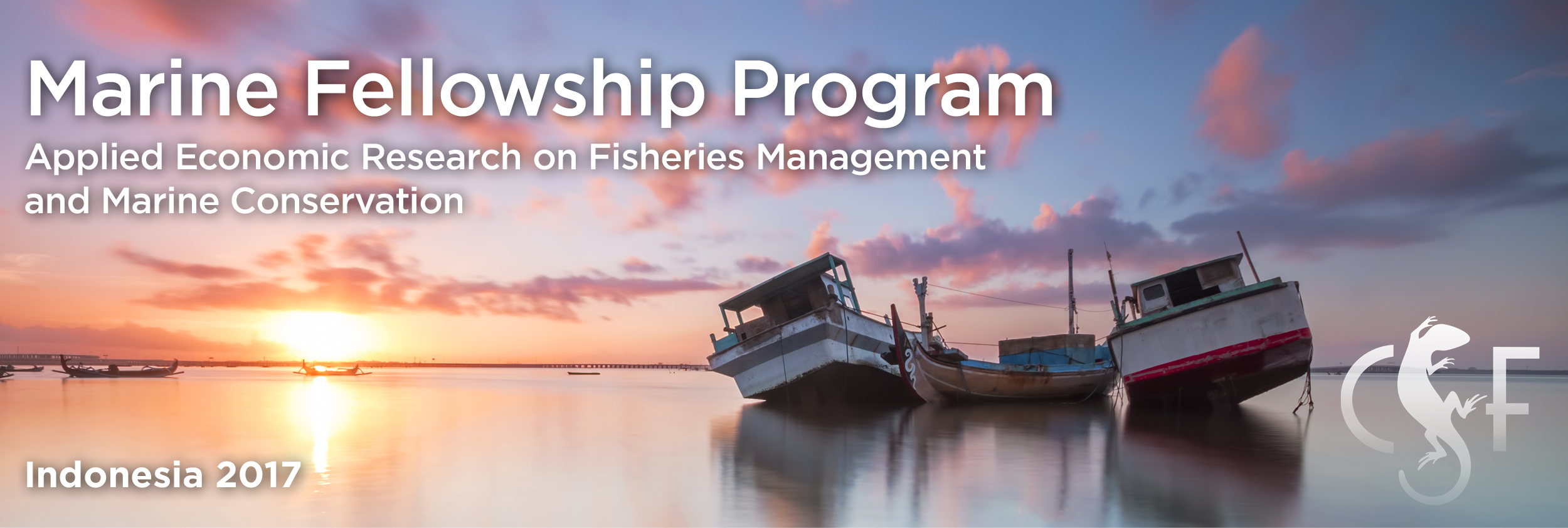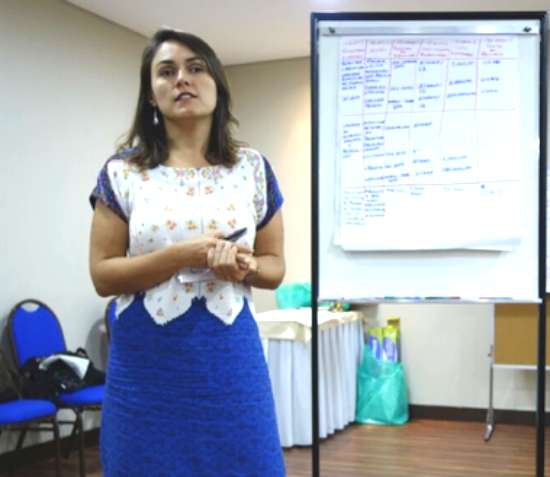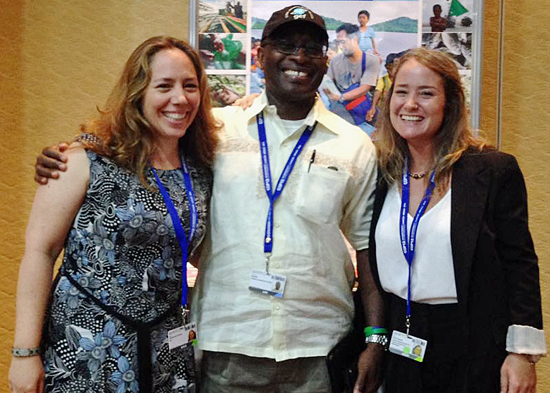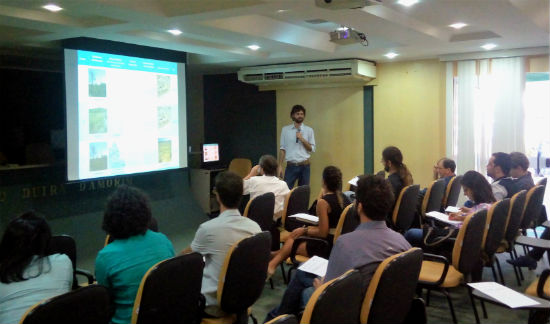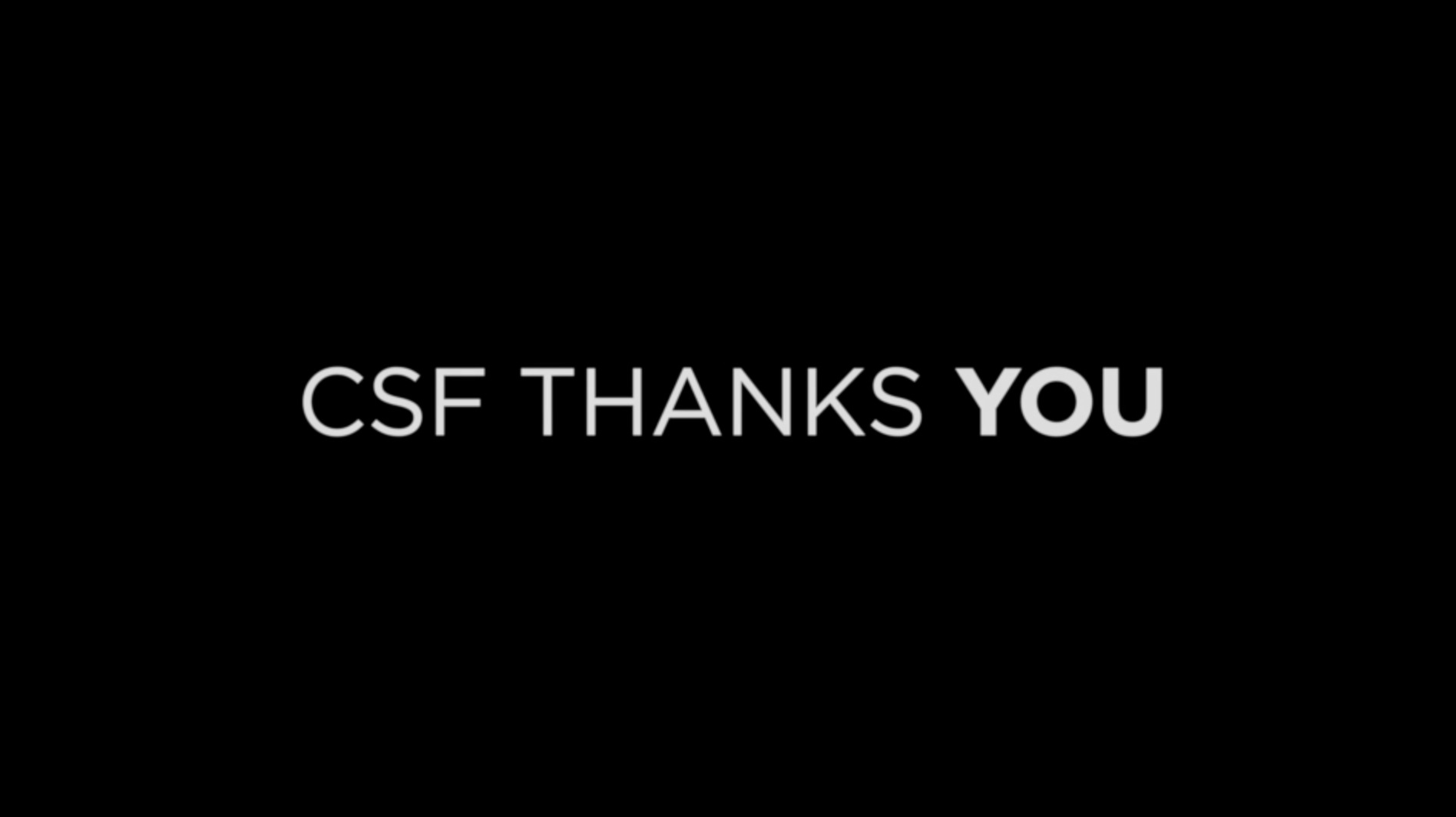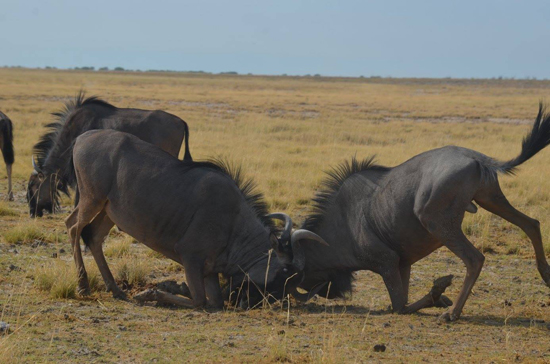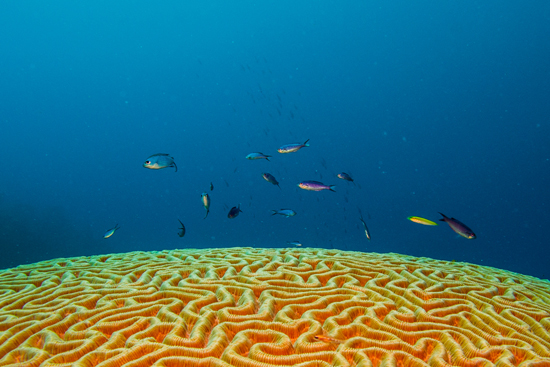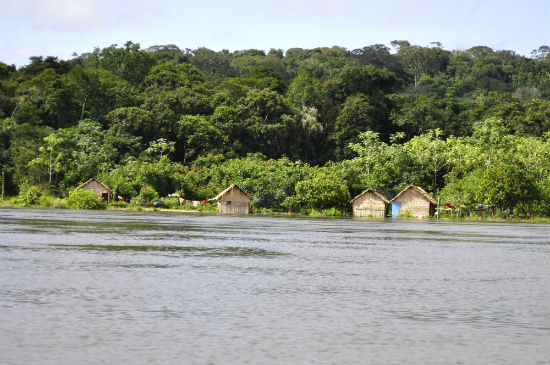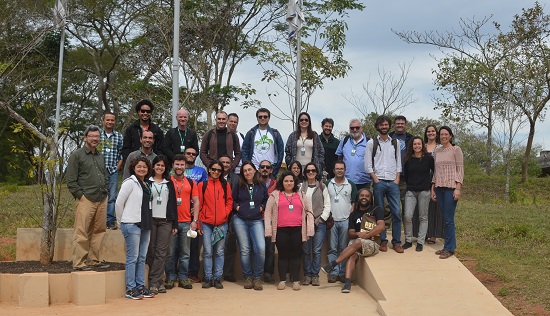News
Photo credit: Jason LaiThe Marine Fellowship Program (MFP), a collaboration between Conservation Strategy Fund (CSF) and the Faculty of Fisheries and Marine Sciences at Bogor Agricultural University (FPIK-IPB), will support six talented analysts in the field of fisheries and marine economics. The selected fellows will start their research in February 2017.
CSF Indonesia would like to thank all the applicants to the Marine Fellowship Program (MFP). We received many excellent applications, and are proud to announce the 18 finalists whose project titles are listed below:
CSF's Fernanda Alvarenga doing a presentation during one of the value chains workshops.
Ferdinand Mwapopi and Elisa López at the COP-13 in Cancún, Mexico. Photo credit: Elisa López
CSF participated in a meeting held on October 27th, 2016, at the Federal District Urban Development Agency (Terracap) in Brasília. The meeting’s goal was to contextualize and carry out the facilitation process and data collection with members of the Aliança Cerrado, to be used to support the design of the new Forest Compensation Law of the Federal District.
This meeting was conducted by Pedro Gasparinetti, CSF consultant, and opened by Raul do Valle, from the Environmental Department of the Federal District (SEMA-DF).
Every day, support from donors like you makes our work possible. Are you willing to make a special year-end donation to help us protect ecosystems around the world?Please, click here to make your donation now.
Zebras at Etosha National Park. Photo credit: Camila Jericó-Daminello
CSF conducted a study on the economic impact that São Luiz do Tapajós could have had on local populations if its construction in the Brazilian Amazon had been approved.
We analyzed the loss of subsistence income and the impact on two ecosystem services: water quality reduction and the increase of CO2 equivalent emissions.
Traditional houses in the Tapajós riverside.
In early August, CSF and the Chico Mendes Institute for Conservation of Biodiversity (ICMBio), in partnership with the United States Forest Service (USFS), held a four day training on Economic and Financial Feasibility of Supporting Services for Visitation of Conservation Units (Unidades de Conservação - UCs) at the Biodiversity National Academy (ACADEBio), in Iperó, Brazil.
Course participants and instructors.


